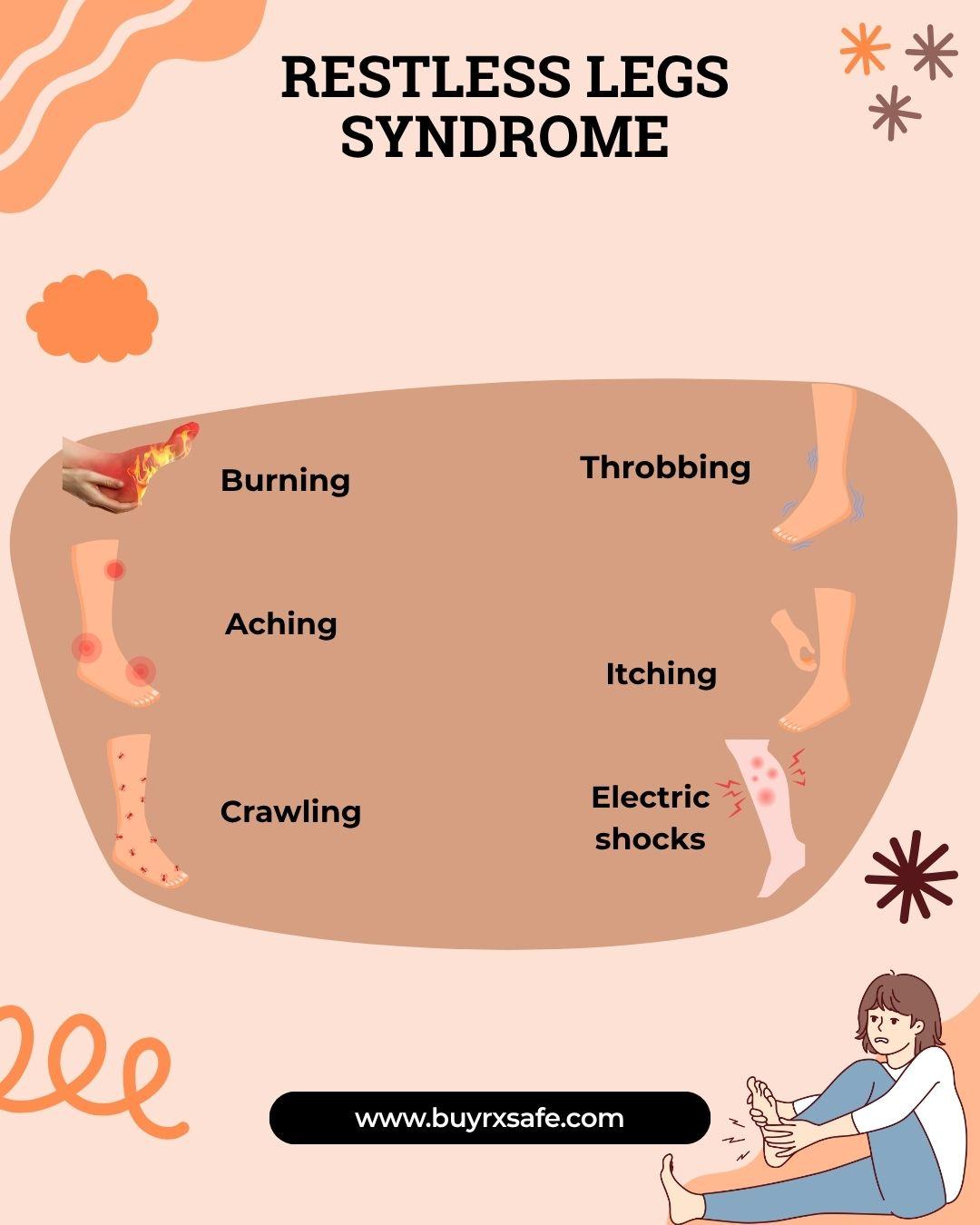DST 1031 Explained: A Smarter Way to Defer Taxes and Invest in Real Estate

If you’re selling an investment property and dreading the tax bill, there's a solution savvy investors are using more than ever: the DST 1031 exchange. But what is it exactly, and why is it gaining popularity?
In this post, you'll get DST 1031 explained in plain terms — what it is, how it works, and why it could be the ideal next move for your portfolio.
What Is a DST 1031?
DST stands for Delaware Statutory Trust, and 1031 refers to Section 1031 of the IRS tax code, which allows you to defer capital gains taxes when you exchange one investment property for another of equal or greater value.
In a DST 1031, instead of directly buying another property, you invest in a trust that owns institutional-grade real estate (think multifamily, industrial, or medical office buildings). You receive a beneficial interest in the trust — and, most importantly, you defer paying capital gains taxes.
DST 1031 Explained Simply:
-
You sell your existing investment property.
-
You reinvest the proceeds into a Delaware Statutory Trust.
-
You avoid capital gains taxes — for now — by complying with 1031 exchange rules.
-
You receive passive income from your share of the DST.
It’s a tax-efficient strategy that removes the headaches of direct property management.
Benefits of a DST 1031
-
100% Passive Ownership: No more dealing with tenants, repairs, or property managers.
-
Diversification: Most Available DSTs include multiple tenants or properties across different markets.
-
Access to Institutional-Quality Assets: Invest in properties that would otherwise be out of reach individually.
-
Estate Planning Advantages: Upon death, heirs receive a stepped-up basis, potentially eliminating deferred taxes.
What Are the Risks?
Like any investment, DSTs carry risks. These may include lack of liquidity, changes in property value, or tenant defaults. That’s why working with a qualified advisor and reviewing Available DSTs carefully is critical before investing.
Who Is a DST 1031 Right For?
-
Real estate investors looking to defer capital gains taxes
-
Retirees ready to exit active property management
-
Investors seeking stable, passive income
-
Owners looking to transition wealth more smoothly to heirs
Final Thoughts
Now that you’ve got DST 1031 explained, it’s clear why these trusts are a go-to tool for experienced investors. They offer tax deferral, professional management, and a passive way to stay in real estate. As with any strategy, review the details of Available DSTs with a trusted advisor to ensure they fit your goals and risk tolerance.








